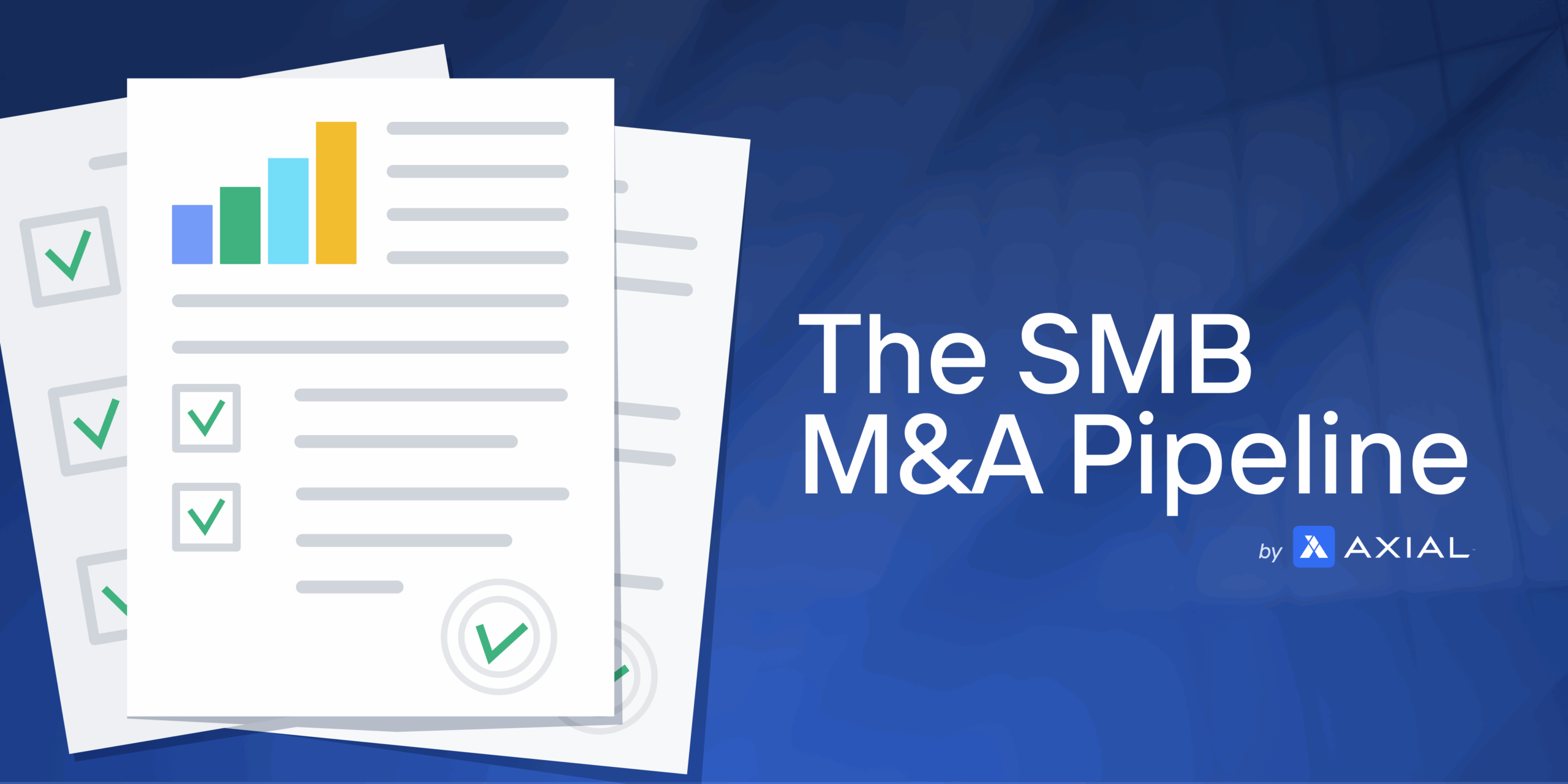
The SMB M&A Pipeline: Q4 2025
Welcome to the Q4 2025 issue of The SMB M&A Pipeline, the quarterly series that surfaces a top-of-the-funnel breakdown of…
Tags
Building a buyer list? Validating potential buyers in advance will help keep the deal process tight and make sure you have a buyer in the room. When you’re done tiering your list, and have diligently combed through direct competitors, indirect competitors, and financial buyers, now is the time to sit down and identify the capacity of each buyer to do a deal.
Here are a few questions to ask.
1. Have they historically been acquisitive or have they prioritized organic growth? You might think you have a great large cap pharmaceutical buyer for your biotech company, but if they always develop new drugs in-house and are heavily funding internal research and development, they’re unlikely to spend $400mm on a biotechnology company.
2. Do they have enough cash? Did a strategic just raise a round of debt? Did a sponsor just raise a new fund? How big is the fund? If not, figure out if they’re even financially capable of doing the deal. Conversely, is the sponsor closing out on its first fund with just 6 months left to invest $120mm? If your asset is a good fit and size for available capital, perhaps you have a perfect buyer on your hands.
3. Have they done any recent transactions? The management attention and time involved with even a small acquisition can render an otherwise suitable buyer unable to do a deal for upwards of a six months. With the entire corporate development team at a large strategic tied up in post-transaction duties, even if they pay feign enough attention to sign an NDA and get into the data room, your time is much better spent with buyers that have the capacity to close. Keep this in mind as you pitch your opportunity.
4. Did they recently change strategic direction or leadership? It’s extremely important to be aware of any modifications to the internal game plan. Particularly after large changes in direction, companies can be highly receptive, or adverse, to a transaction opportunity. Similarly, new leaders are sometimes brought in to grow the business aggressively and will be especially focused on strategic acquisitions, but you’ll want to sit back if they’re extremely tied up with executing the leadership change.
5. What is their leverage capacity? How does cash stock / equity debt mix look? This is a very important point. While you’ll identify certain businesses that are ideal buyers in theory — a direct competitor for example — chances are that one or more will be unable to even execute the transaction. Examine each player’s tactical ability to make the purchase and not just its strategic need. A buyer without the ability to close the deal should not be at the top of your list.
